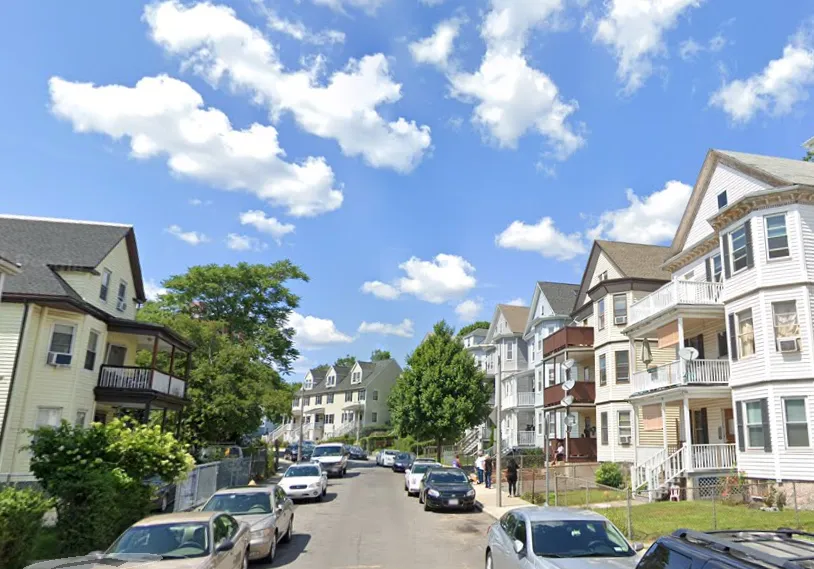
Excessive drinking has numerous impacts on your body and mind, ranging from mild to severe. Learn which signs to look out for, and how to care for your well-being. For most of us the chances of developing hypothermia are slim as long as we drink sensibly and avoid alcohol-induced bad decisions like going out in freezing weather. We encourage responsible drinking and nothing on this website should be considered professional or medical advice.
Can I reduce tannins and bitterness in wine by adding powdered egg whites to my glass?

Last year, the New York Daily News reported that “a drunken student died of hypothermia after he tried to walk nine miles home without a coat on a freezing cold night in England.” According to Discovery, alcohol makes your skin feel warm, but it isn’t protecting you from the Halfway house cold. After you have a few drinks, alcohol causes your blood vessels to dilate, moving warm blood closer to the surface of your skin. Though this makes your body feel hot, while your veins are pumping blood closer to the skin, you are losing core body heat, which is the heat that you need to survive. When these toxic byproducts remain in the body, side effects like flushed skin, nausea, vomiting, rapid heart rate, headache, and more can occur.

Wine Spectator Magazine
- Alcohol can increase health risks as you age, especially for people with chronic conditions like high blood pressure, diabetes or heart disease.
- One noticeable effect – after just a few drinks – is an increase in sociability.
- It’s a common myth that alcohol raises your internal body temperature, but studies show it can actually lower it.
- Alcohol flushing happens when an individual has an ineffective liver enzyme.
Well, most of us know that alcohol — as nice as it feels going down! With sober curiosity and dry January trends on the rise, it seems like many Americans are getting the message and wondering what exactly alcohol is doing to their bodies. As for drinking more generally, having the occasional social drink is usually nothing to be concerned about.
Asian Flush: The Surprising Connection to Anxiety and Depression
Stress is biologically mediated by the hypothalamic pituitary adrenal axis – a feedback system between the brain and the pituitary and adrenal glands. But acute alcohol consumption can stimulate this, increasing the production of several stress hormones including corticosterone and corticotropin. But the “stress” response also interacts with the reward effects from the dopamine system, so it may very well feel good. However, it’s important to know the signs of alcohol poisoning, especially after an episode of binge drinking. When you drink alcohol, it’s absorbed into your bloodstream through your stomach and small intestine. From there, it travels to your liver, where it is metabolized into acetaldehyde and then into acetate.
Because drinking can spread a warm sensation through your body, a lot of people wrongly believe that drinking alcohol can warm you up. Alcohol is often a go-to when it comes to warming up during winter. A part of its popularity during this time might also have something to do with the hot and boozy drinks that start popping up everywhere, like eggnogs, mulled wines, and hot toddies. As delicious as these alcoholic drinks are, if you’re reaching for them as a means to keep yourself warm, you might want to think twice the next time you do it. Mental Floss suggests alcohol does the exact opposite of keeping you warm by lowering your body’s core temperature.
Why alcohol makes you feel warm – and other strange effects it has on the brain
We use a pharmacist-formulated blend of Glutathione, Dihydromyricetin, Cysteine, L-Theanine, & B Vitamins to stop alcohol flushing before it can begin. “Your body temperature isn’t actually changing; you’re just redistributing the heat,” he told Live Science. If you do decide to have a drink, for whatever reason, do so knowledgeably. One noticeable effect – after just a few drinks – is an increase in sociability.
- Whether it’s for social get-togethers, seasonal events or house parties, there’s usually some form of alcohol involved.
- Things are further complicated by the fact that sweating during a hangover can cause dehydration.
- During a hangover, your body temperature rises from the low temperature you probably experienced while you were intoxicated.
- “Since alcohol is a depressant, it can interfere with the balance of chemicals in the brain that regulate mood,” Dr. LaBruzzo said.
Alcohol can also increase your metabolic rate, causing your body to produce more heat. As your body metabolizes alcohol, it generates energy, which contributes to the sensation of warmth. This metabolic process can make you feel hot, especially if you’ve consumed a large amount of alcohol. Any why does alcohol make me warm amount of alcohol can cause inflammation, so if you really want to avoid inflammation and its unpleasant side effects, the solution is to not drink at all.

- Hangover symptoms like excessive sweating, dehydration, and hot flashes can last up to 24 hours after your last drink.
- In some cases, you may even experience excessive sweating or hot flashes.
- When these toxic byproducts remain in the body, side effects like flushed skin, nausea, vomiting, rapid heart rate, headache, and more can occur.
The conversion of alcohol into metabolites generates heat, which contributes to an overall sensation of warmth. Post-drinking inflammation might make you feel achy and sore, like after a big workout, Guerot explains. You might feel joint stiffness, fatigue, or an upset stomach as well.

Wine Spectator
This term originated because certain groups of people, particularly people throughout East Asia, have a higher risk for enzyme deficiency than average. The cause of alcoholic flush lies primarily in your family history and your blood cells. While alcohol has the pleasant side-effect of making you feel warm and calm, this chemical is generally damaging to your cells and causes them to react unpleasantly at times. However, while whiskey may be able to provide some temporary relief from https://ecosoberhouse.com/ specific cold symptoms, it’s generally not wise to consume alcohol while sick.
